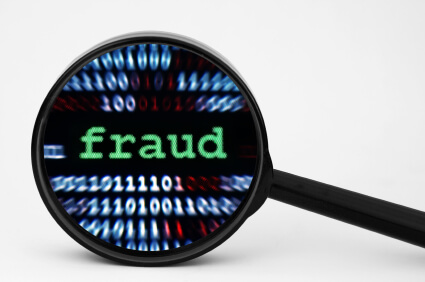
Just like having your credit card stolen, cyber theft is a real threat. But, you can keep your money safe. Every day, criminals use high-level technology to steal from unsuspecting members of the public. It could be weeks or months before you realize that money has been taken. That’s if you ever find out.
As we depend more and more on technology in our everyday lives, practically everything about everyone is available online. Sensitive and private information that has digital footprints are typical targets for hackers. Illegally accessing such data is an egregious invasion of privacy, and you should do everything in your power to prevent it.
Here are eight useful tips to money safe and identity safe from cyber theft.
Use a separate device for finances
If you’re lucky enough to have more than one computer in your possession, use a separate device for any financial dealings. Use fewer programs on a device to lower the chance of hacking.
Use unique log-ins and passwords
Use unpredictable and unique user log-ins and passwords to access your financial accounts. These log-ins should be completely separate from any social media or personal accounts. Use long passwords (at least 8 characters) with a combination of uppercase, lowercase, numbers, and special characters. Remember to change your passwords every 3 to 4 months.
Sign-up for security alerts
Sign-up for security alerts on whatever platforms you use to access your financial accounts. You’ll be notified immediately if any suspicious activity takes place concerning your accounts.
Use two-factor authorization
Two-factor authorization requires the user to provide additional information when logging on. As well as a username and password, the user is prompted to give further verification before access is granted.
Most financial institutions will offer or require this service on their log-in page. It’s important to use this where possible.
Monitor all transactions
Take responsibility and monitor all transactions to and from your accounts. The more up to date and aware you are of your account information, the more likely you are to spot an issue.
Use anti-virus and cyber theft protection
Arguably the best preventative measure you can take is to purchase anti-virus and cyber theft protection. There are several options with varying levels of security available. If you are regularly accessing financial accounts online, it may be worth your while to fork out for first-class protection.
Use coupon codes for LifeLock at a discounted rate. Norton LifeLock offers antivirus and cyber theft protection for electronic devices.
Don’t store sensitive information on the cloud
Keep sensitive information such as financial documents, user log-ins, and passwords safe and private. Avoid saving such information online, as it can be targeted and accessed by hackers.
Be careful when using public wi-fi
Public wi-fi is particularly susceptible to cyber theft, hacking, and fraud. Be diligent and take caution when connecting and avoid doing so if it’s not necessary. Never access financial accounts or online banking when you’re connected to public wi-fi.
